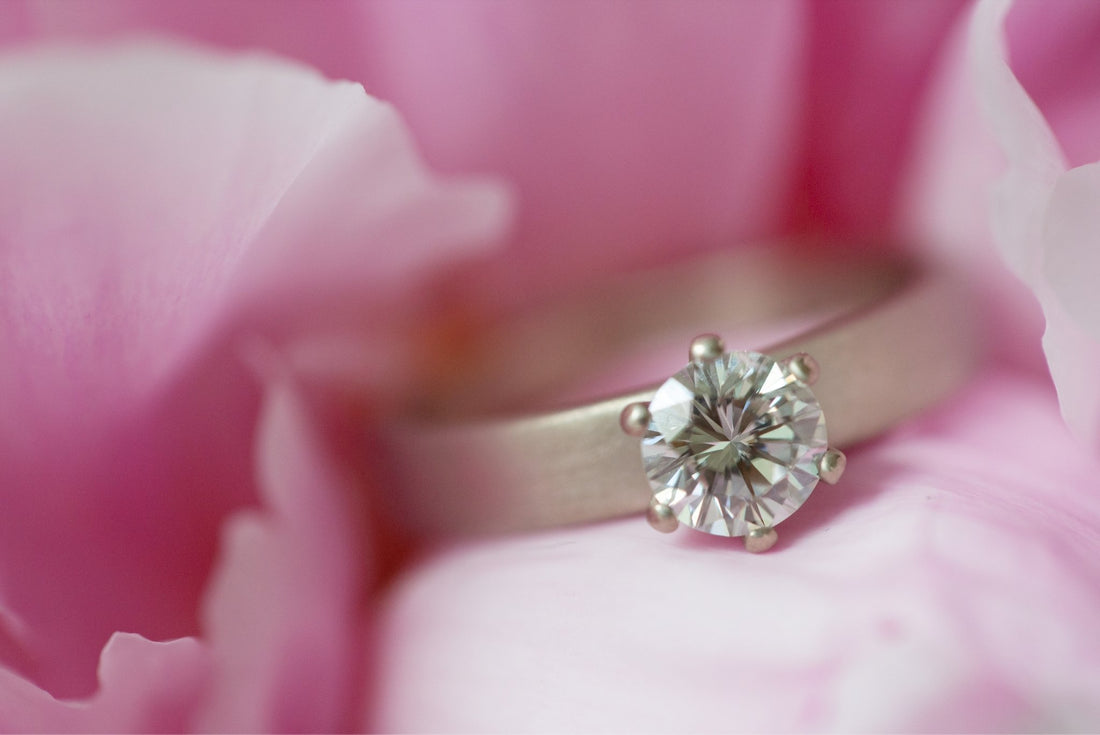To us, ethical sourcing means that every person that touched your ring was treated with dignity, and paid a fair wage.
It's no secret that the jewelry industry has a dark history of human rights, environmental, and labor abuses. We feel we have a professional duty to understand where our materials are coming from, to educate our clients about design choices that uphold these values, and to push our industry to have more integrity and transparency by voting with our dollars (and yours by extension!).
We go beyond sourcing stones that are "conflict free" because we view the certification as problematic in several ways. First of all, it excludes small family mining and refining businesses that are unable to afford the certification, but who are producing excellent products by putting their money into paying their employees and ensuring safe conditions rather than paying the costly fee for certification (if you are familiar with the challenges of "organic farming" certifications in the US, this is a similar phenomenon). Second, the "conflict-free" certification only means that company has had to prove that profits have not gone to fund civil war activities in certain conflict regions---it does not ensure safe working conditions, fair wages, or safe and sustainable environmental practices. Another growing concern are the labor abuses that take place in large stone cutting factories worldwide, which conflict free certifications do not regulate.
How we ensure our sourcing matches our values...
To mitigate these concerns, we work primarily with recycled stones and metals. We do occasionally want to source new stones and materials, so we proactively forge personal relationships with miners, stonecutters and refiners so that you can trust your new stone was made with integrity. When possible, we try to source stones mined in the United States. Did you know that Vermont has blood red and deep orange garnets? Montana has large deposits of ruby and sapphire? Maine has beautiful green and pink/peach tourmaline, amethyst, aquamarine, and morganite? To make our pieces extra special, we try to source stones from regions that have meaning to our clients!
Lab grown stones...
Lab-grown diamonds are chemically identical to natural diamonds, but they are more affordable and can even be of higher quality than natural diamonds in terms of hardness and calibration. However, the downside to lab-grown diamonds is that the source is usually unknown, especially now that most US-based lab-grown diamond factories have closed. This means that we can’t always verify where the diamond came from or what conditions are like in the factory. Also, lab-grown diamonds also tend to be shipped all over the world before reaching the client, which has negative environmental implications. Overall, we view lab-grown diamonds as less ethical or transparent than artisanally mined natural diamonds with known-origin.
Learn more about the ethical of diamonds in these Blog posts:
-Where Do Your Diamonds Come From?


